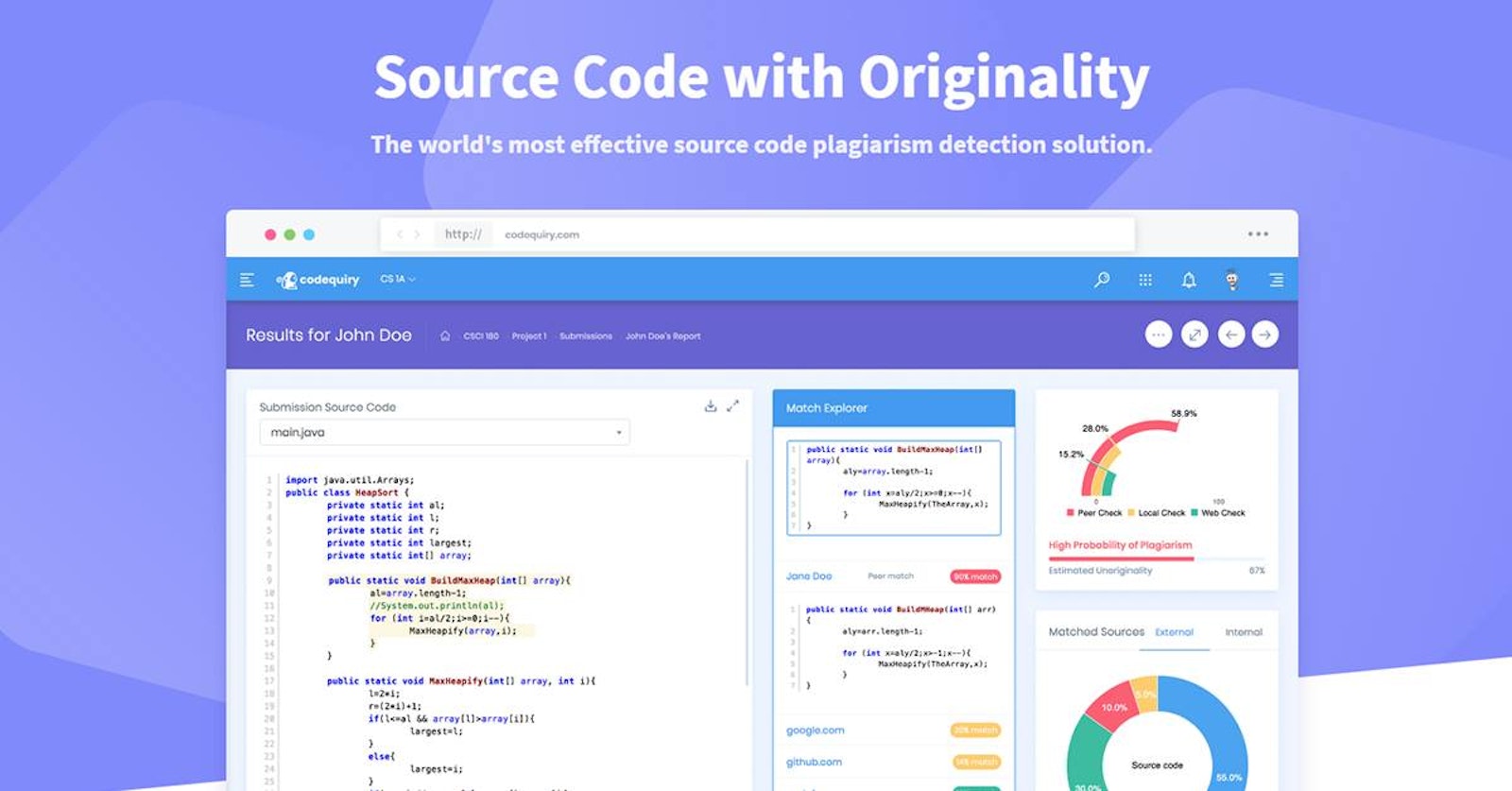Writing code using your skills requires creativity and technical expertise. However, in the process, developers and students may unintentionally copy code from existing work. Source code plagiarism can damage your reputation, violate ethical standards, and even lead to legal consequences. Here are actionable tips to help you stay plagiarism-free while coding:
- Documenting All Sources: Whenever you refer to external resources or open-source code, document the source in your code comments. Mentioning where you found the snippet helps clarify your intent and ensures you’re giving proper credit.
- Writing Original Code: Instead of directly copying code, take time to understand the logic and write it in your way. This helps you learn better and ensures your code is unique.
- Leveraging Open-Source License Correctly: If you are using open-source libraries or snippets, read their licensing terms carefully. Some licenses require attribution or restrict how the code can be used. Complying with these terms is crucial.
- Using Source Code Plagiarism Checkers: Invest in reliable code plagiarism detection tools to analyze your work before submission or deployment. These tools can flag similarities and help you correct issues early.
- Peer Reviews and Code Audits: Having peers review your code can help catch unintentional similarities. Regular code audits also ensure that your project remains compliant with ethical coding standards.
By being mindful of these practical tips, you can code confidently without crossing any ethical lines. Looking for a reliable Source Code Plagiarism Checker? Keep your code authentic with advanced detection tools like Codequiry. Try it today!

